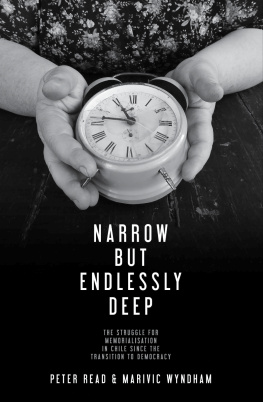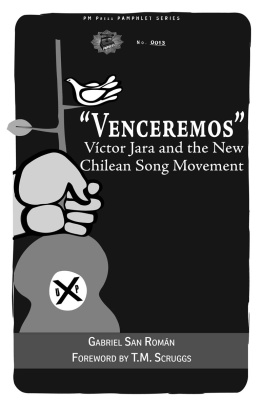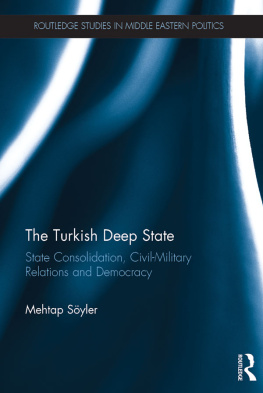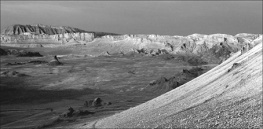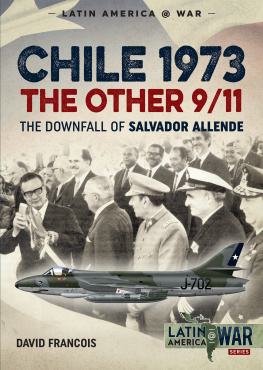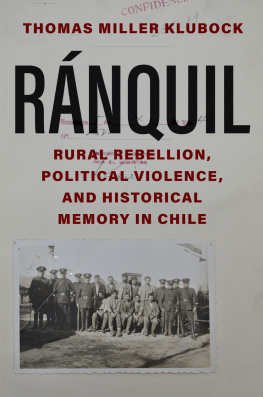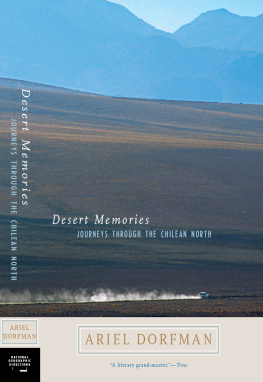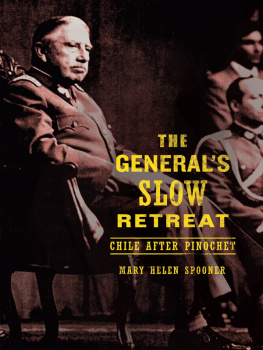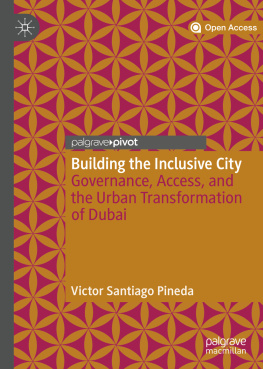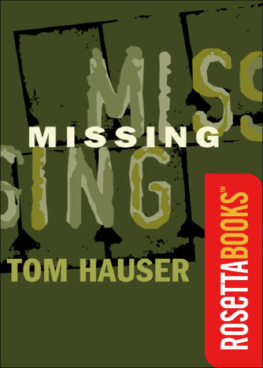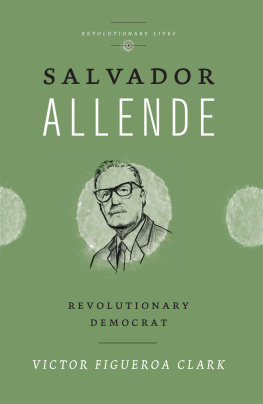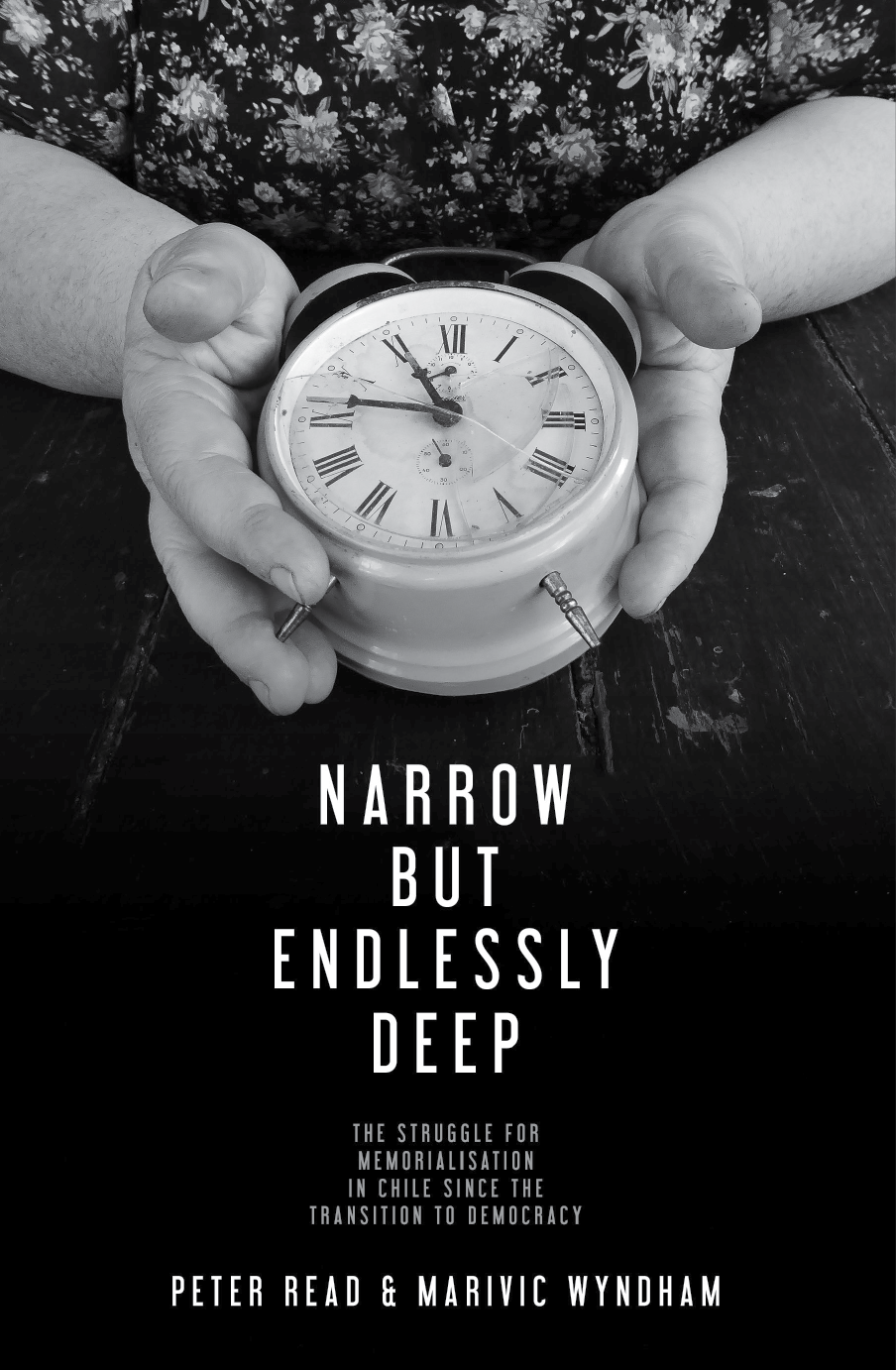Narrow But EndlessLy Deep
The Struggle for Memorialisation in Chile Since thE Transition to Democracy
Peter Read & Marivic Wyndham
I dont care for adulation
or so that strangers may weep.
I sing for a far strip of country
narrow but endlessly deep.
No las lisonjas fugaces
ni las famas extranjeras
sino el canto de una lonja
hasta el fondo de la tierra.
Victor Jara, Manifiesto , tr. Bruce Springsteen, The Nation, 2013.

Published by ANU Press
The Australian National University
Acton ACT 2601, Australia
Email: anupress@anu.edu.au
This title is also available online at press.anu.edu.au
National Library of Australia Cataloguing-in-Publication entry
Creator:Read, Peter, 1945- author.
Title:Narrow but endlessly deep : the struggle for
memorialisation in Chile since the
transition to democracy / Peter Read ;
Marivic Wyndham.
ISBN:9781760460211 (paperback) 9781760460228 (ebook)
Subjects:Memorialization--Chile.
Collective memory--Chile.
Chile--Politics and government--1973-1988.
Chile--Politics and government--1988
Chile--History--1988
Other Creators/Contributors:
Wyndham, Marivic, author.
Dewey Number:983.066
All rights reserved. No part of this publication may be reproduced, stored in a retrieval system or transmitted in any form or by any means, electronic, mechanical, photocopying or otherwise, without the prior permission of the publisher.
Cover design and layout by ANU Press.
Cover photograph: The alarm clock, smashed at 14 minutes to 11, symbolises the anguish felt by Michele Drouilly Yurich over the unresolved disappearance of her sister Jacqueline in 1974.
This edition 2016 ANU Press
Illustrations
Interior, the Victor Jara Stadium. Students and staff from the State University of Technology were forced to sit on the left, workers on the right. Several detainees in terror and despair jumped from the balconies to the right of the picture.
The seat painted white, in the dangerous prisoners section, is that believed to have been occupied by Jara for a period after being recognised.
Nena Gonzlez, caretaker of Patio 29, General Cemetery.
In 1973 the caretaker hut of Nena Gonzlez stood on this site in Patio 29. From here, unobserved, she witnessed the disposal of hundreds of those killed in the first weeks after the coup.
Roberto Sanchez.
The principal memorial, main entrance, National Stadium of Chile.
The smaller structure at the left is the swimming pool changing room, National Stadium of Chile, occupied by the women detainees. The larger, more modern structure attached to it is the display area opened in 2014.
The front faade, Londres 38, showing the marks of burning candles resting against it during the vigils held for the detained-disappeared.
Londres 38 with its message of November 2015, Break the pact of silence. On the darker flagstones are inscribed the names of the detained-disappeared believed held here, and their political affiliation.
Poster, 1367 Jos Domingo Caas, featuring Laura Moya Diaz and Lumi Videla Moya.
Lumi Videla Moyas name is the only one to appear on this side of the memorial stone at Jos Domingo Caas. The names of others believed held here but who may have been killed elsewhere are on the other side, facing the pavement.
Bureaucratically destroyed signage, Jos Domingo Caas. Originally the message read, Here were committed the/Most ferocious violations/Of human dignity/For this reason we demand/JUSTICE AND PUNISHMENT.
Michele Drouilly Yurich.
Fragment of electrified barbed wire, one of the few remaining artefacts surviving from Cuartel Villanova (Villa Grimaldi).
The Omb tree, Villa Grimaldi. No signage attaches to it. Only Michele Drouillys Memory room gives an account of what happened here.
Josefina Rodriguez in her home at Renacer, Loyola.
Little is left of the once-guarded exterior wall of the Loyola CNI Depot.
Glossary
CNI Central Nacional de Informaciones (National Information Centre) the Chilean state security service, 197790
Compaero/a Comrade
Concertacin Concertacin de Partidos por la Democracia A coalition of centre-left parties in Chile founded in 1988. Presidential candidates under its banner won every election from when military rule ended in 1990 until the conservative candidate Sebastin Piera won the Chilean presidential election in 2010
Detainee The name universally applied in Latin America to individuals secretly held by the state
Detained-disappeared The name universally applied in Latin America by the human rights movement to political detainees in the context of state terrorism, and presumed murdered by the state
DINA Direccin de Inteligencia Nacional, the Directorate of National Intelligence, Pinochets first state security and secret police service, established 1 November 1973
Extermination used by Latin American and other state authorities to describe the violent disposal of political enemies
Frentistas Followers of El Frente, an extreme left group dedicated to armed opposition during the Pinochet years
MIRista Member of the political party el MIR (Movimiento de Izquierda Revolucionaria, Movement of the Revolutionary Left), particularly marked for destruction by Pinochet in the first years after the coup
Pinochetistas Followers of General Augusto Pinochet, head of Chiles military government, 197390
Politically executed Commonly used Latin American phrase to distinguish between the detained-disappeared and those whose bodies have been found
Rodriguistas Members of El Frente Rodriguista, an extreme left group dedicated to armed opposition during the Pinochet years
Site of conscience Term used by the human rights movement to describe centres of torture or execution, usually carried out by the state
Acknowledgements
We thank the Australian Research Council for the award of a Discovery Grant that made this book possible. We also thank our colleagues Judith Keene, Elizabeth Rechniewski and Adrian Vickers, with whom we held many discussions on Judging the past in a postCold War world. We thank the members of the Social Sciences Editorial Board of The Australian National University for their meticulous care in seeing the manuscript through its initial stages, particularly Professor Marian Sawer and Dr Frank Bongiorno. ANU Press handled production with its usual friendly efficiency. Thanks to Con Boekel for his technical assistance with the photographs using Lightbox. Thanks also to Geoff Hunt for his bright thoughts.
We thank, in particular, our friends who have for many years contributed so much to our understanding of Chiles recent past: Mario Artigas, the late Mauricio Barrientos, Bernardo de Castro, Luigi Cecchetto, Isolda Cid, Crif Diaz Cid, Katie Hite, Mario Cortes Muoz, Viviana Diaz, Michele Drouilly Yurich, Diana Duhalde, Francisco Castro, Mireya Garcia, Paula Gonzles-Dolan, Nena Gonzlez, the late Laura Moya, Elias Padilla, Victor Pea, Josefina Rodriguez, Roberto Sanchez and Denni Traubmann.

